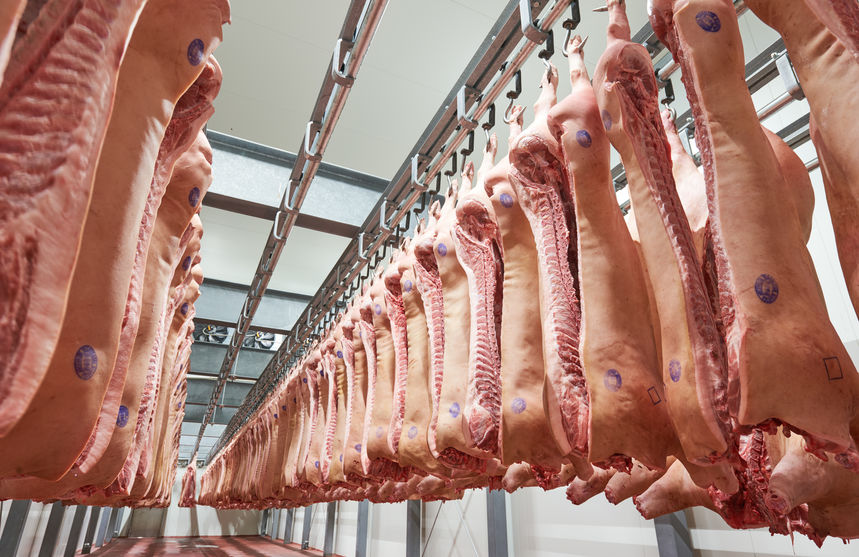
Key workers' contribution to food production during the Covid-19 crisis has helped the UK achieve food security, Quality Meat Scotland has said.
The coronavirus outbreak has demonstrated how quickly a market can turn, the strategic body for the Scottish red meat sector said.
In the United Kingdom, this was apparent through the disruption to export activity that contributed to a sharp fall in sheep prices.
In the US, where several food plants have stopped working due to Covid-19 cases among workers, the farmgate price for cattle and pigs has fallen because there are a reduced number of buyers and capacity to process livestock.
Indeed, there are some concerns in the US that stocks of meat in cold store will run out before factories re-open and in some parts, there will be shortages of meat. Meanwhile, market-ready animals are backing up on farms.
“In the UK, we have not seen processing plants close, although many have slowed down," explained Stuart Ashworth, director of economics services with Quality Meat Scotland (QMS).
"The comparison with the US illustrates how important those working in food processing establishments are and emphasises why they are key workers as much as medical workers."
During the early stages of coronavirus in China, the shortage of staff at ports disrupted the arrival and distribution of imported meat, he highlighted.
Once they returned to work, the period of disruption to usual trade flows resulted in legacy problems for meat exporters to China, such as accessing the containers and ships needed to get product out there.
Mr Ashworth explained that one reason why the wider food supply in the UK has not been significantly disrupted is the fact that cross-channel ferries are running well below capacity, operating largely as freight only transport with minimal disruption at ports.
However, with the financial viability of some ferry routes and businesses being threatened by the reduction in passenger travel, the UK has made financial support available to these companies to secure their future.
Mr Ashworth said: “Irrespective of coronavirus, the strategic importance of food security that comes from access to domestic supplies and the availability of skilled workers in the food industry must be better appreciated."
He said discussions over Brexit must recognise the impact of disruption to trade, whether that be through tariff or non-tariff barriers on the financial sustainability of the red meat supply chain.
“Given the additional planning required to manage current and future coronavirus disruption, recognition must also be given to the limited amount of time available to put procedures in place that a hastily concluded negotiation could result in,” he added.
